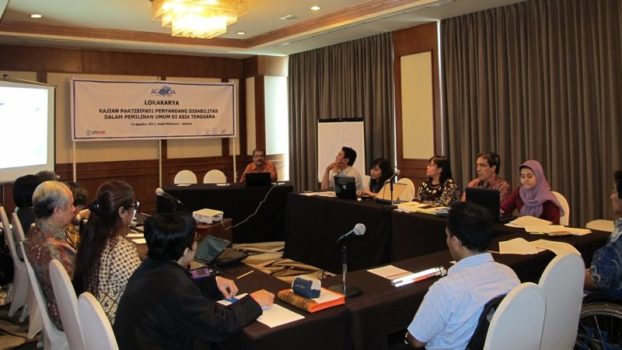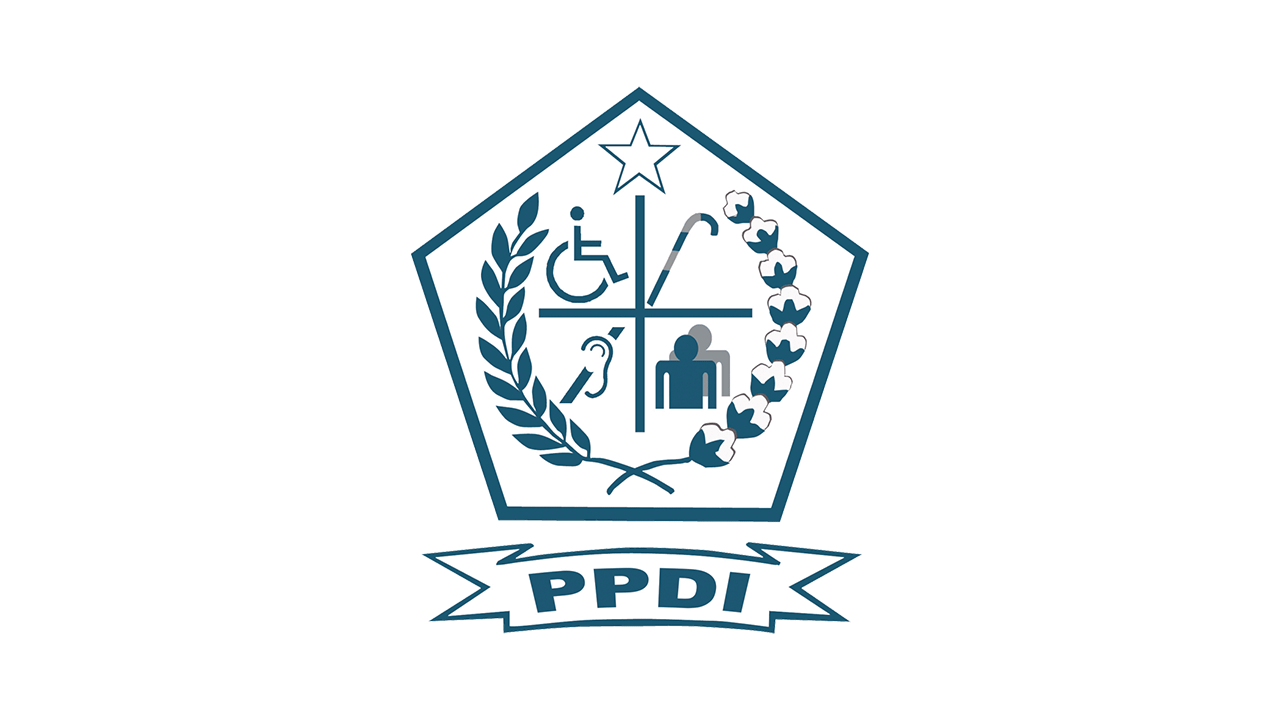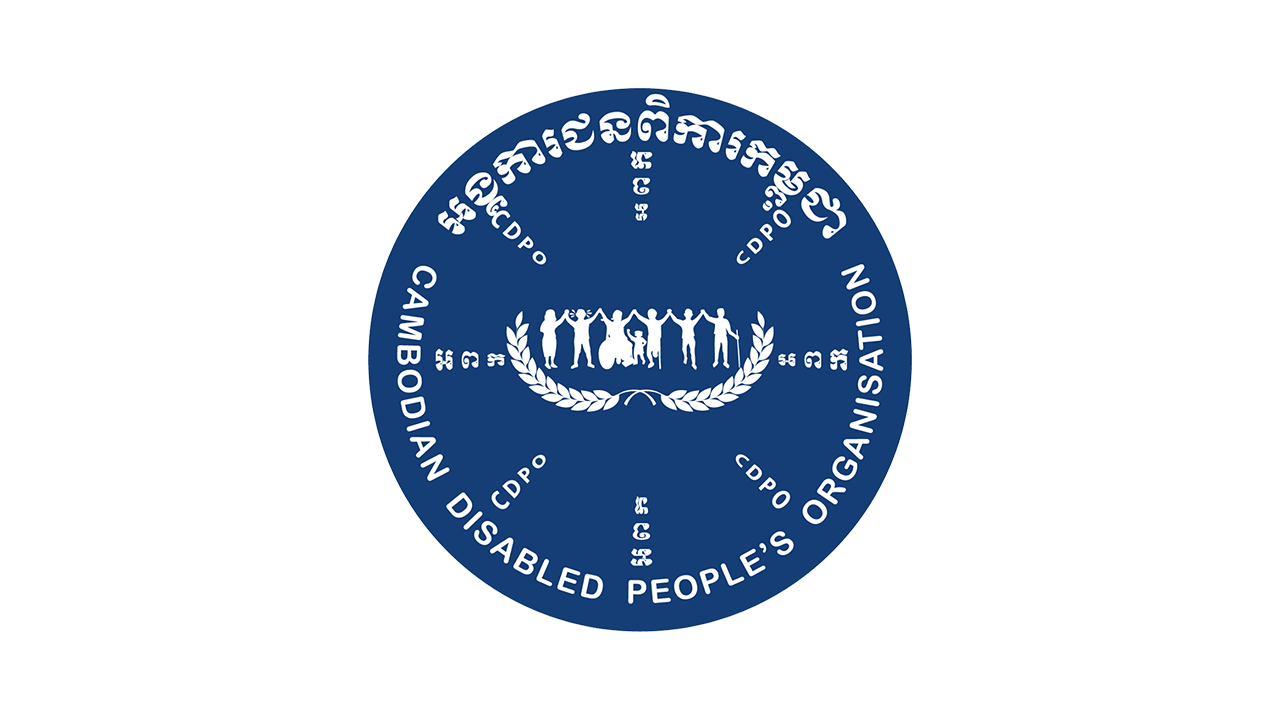By: Riri Rafiani, PPUA Penca
Twenty-four participants from a number of organizations that concerned themselves with election and disability issues gathered at Hotel Millenium, Jakarta, on Monday, August 15, 2011, for a workshop titled Study of Participation of Persons with Disabilities in Elections in South-east Asia. Among the participants were representatives of Indonesian Association for the Welfare of the Deaf (GERKATIN), INDEPTH Indonesia, Indonesian Association of Women With Disabilities (HWPCI), Indonesian Paraplegic Association (PERPARI), Centre for Electoral Reform (CETRO), Forum Asia, Indonesian Blind Union (PERTUNI), and ASEAN Commission on the Promotion and Protection of Women and Children’s Rights (ACWC). They were invited to share their views on election issues for people with disabilities.
Led by Daniel Zuchroni from the People Voter’s Education Network (JPPR) the discussion began with elaboration on problems faced by disabled people in an election. Defining the problems will serve as a crucial starting point for a study on election for the disabled, which will be undertaken by AGENDA.
The discussion revealed that while the laws had endorsed the participation of people with disabilities in elections, in practice there are still many discrepancies in their implementation.
One of the vital issues in the process of election is data collecting. There are far too many cases in which people with disabilities were not registered in the voters list. “There was a home for the paraplegics whose occupants were not registered by election officials. They were completely overlooked,” AGENDA Disability Advisor Maulani A. Rotinsulu mentioned as an example.
Also highlighted was the unpreparedness of the election committee officials. Welin from HWPCI said, “The committee could not assist disabled voters due to lack of training. A number of disabled voters chose not to vote because they think that in the end it is the polling station attendants who are going to mark the ballot paper for them.”
Lack of sensitivity from the election officials represents the core problem faced by disabled voters. “In essence it’s the sensitivity in practice,” said Maulani. “The officials did not understand the policies regarding people with disabilities. In addition, our society still holds certain stigma against disabled people.” Such stigma, which holds that people with disabilities are unable to lead an independent life or make their own decision often leads election officials to overlook their political rights.
Diana from the Indonesian Disabled People’s Association (PPCI) focused more blame on implementation of policies in support of political participation of the disabled, as opposed to mere official incompetence. She said, “There’s a missing link on the implementation level, so we need to find where the missing part lies.” Diana questioned the role of the election monitoring agency and stressed the need for actual penalty for officials who failed to implement election policies related to people with disabilities.
It was also revealed that disability issues have not been included in the list of monitored election aspects. Both the government-founded Election Monitoring Agency (Bawaslu) and non-governmental groups like JPPT, CETRO and Indepth only monitor the provision and services of special polling stations. Special polling stations are usually provided for the elderly and hospital patients. These stations and how the polling station attendants carry out their roles are the only points observed by the election watch groups.
In a larger scope, it was revealed that disabled voters in South-east Asia have yet to receive any special attention. This issue is raised by JPPR based on their findings from comparative studies in neighboring countries. Further complications on the issue arise from problems with ratification of international human rights treatises.
Rita Serena Kolibonso from ACWC said that not all ASEAN countries have signed international human rights conventions including the International Covenant on Civil and Political Rights (ICCPR) and Convention on the Rights of Persons with Disabilities (CRPD). She also underlined the significance of registry in the issue of political rights of disabled people. “There should be a database… so we know how many men and women [are voters with disabilities], how many exercise their rights, and if they don’t why they did not make use of their rights.”
Disparity in the development of democracy in ASEAN member countries is another issue behind the problems faced by disabled people in their political participation.Atnieke Nova Sigiro from Forum Asia said, “The ASEAN people’s view of an election is varied. Indonesia has a more open view, though there is still room for improvement. However, for the ASEAN region in general, the road is still long.”










